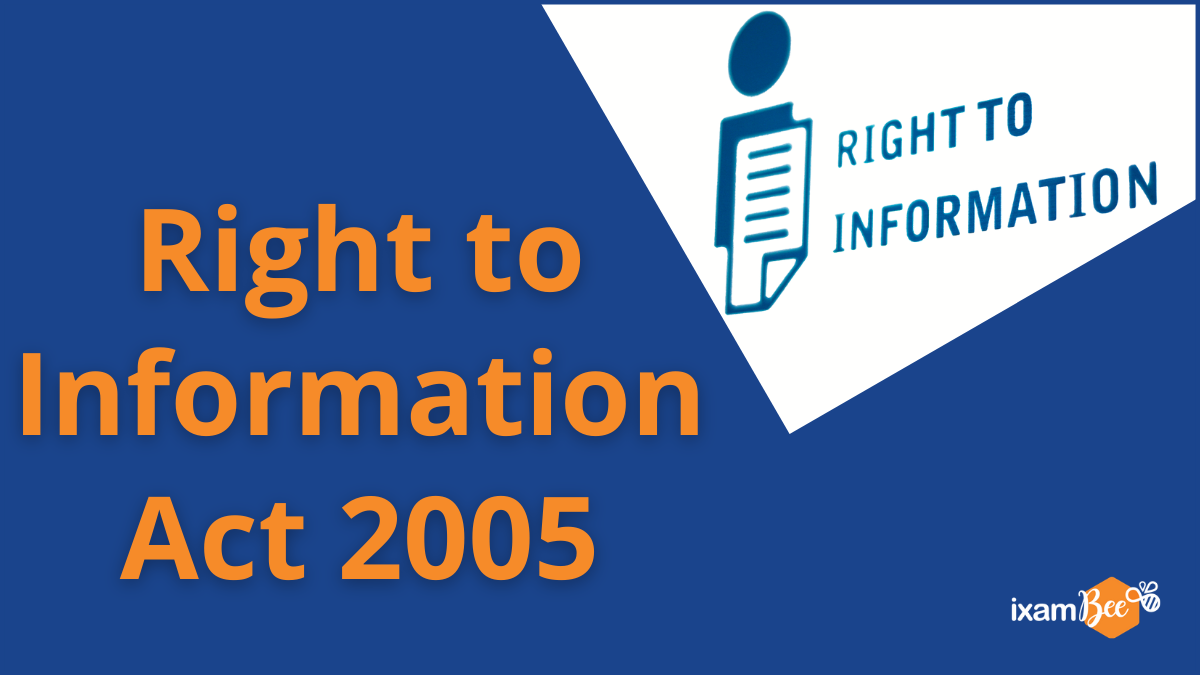The Right to Information Act, 2005, is a landmark legislation that has transformed India’s governance landscape by empowering citizens to access information from public authorities. This journey from enactment to empowerment has been marked by significant milestones.
Features:
Universal Coverage: The Act applies to all levels of government, including central, state, and local bodies, as well as public sector undertakings and organizations receiving substantial government funding.
Proactive Disclosure: Public authorities are required to proactively publish certain categories of information, reducing the need for formal requests.
Independent Appeals Mechanism: Central and state information commissions were established to handle appeals and complaints.
Penalties for Non-Compliance: Public Information Officers can face personal penalties for wrongfully denying information.
- Impact on Governance:
Enhanced Transparency: The Act has exposed corruption and inefficiencies in various sectors, promoting accountability and good governance.
Citizen Empowerment: Citizens can now demand explanations and action on government schemes, leading to greater public participation in governance.
Strengthened Public Dialogue: The Act has facilitated informed public discourse, encouraging debate and deliberation on critical policy matters ².
- Challenges and Limitations:
Implementation Challenges: Despite the Act’s provisions, implementation remains a challenge, with some public authorities resisting transparency.
Misuse: The Act has been used frivolously in some instances, diverting resources and delaying genuine requests.
Awareness and Education: Many citizens remain unaware of their rights under the Act, highlighting the need for public education campaigns.
- Objectives:
- Promoting Transparency and Accountability
- Empowering Citizens
- Reducing Corruption
- Enhancing Public Participation
- Improving Governance and Decision-Making
- Fostering a Culture of Openness
Overall, the Right to Information Act, 2005, has been a crucial step towards promoting transparency, accountability, and citizen participation in governance, ultimately strengthening India’s democracy.

